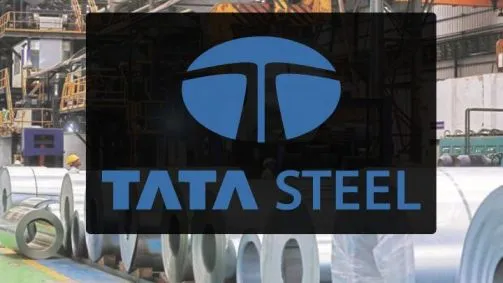Tata Steel UK has recently confirmed its decision to close 2 old blast furnaces as part of a GBP 1.25 Billion Investment aimed at transitioning to a state-of-the-art Electric Arc Furnace at its Port Talbot steelworks in South Wales.
Consultations for saving thousands jobs
Since the plan’s announcement earlier this year, Tata Steel engaged in extensive discussions with UK trade unions over the major transformation, expected to create more indirect jobs in engineering and construction while reducing CO2 emissions by 5 million tonnes annually.
Also Read | US FTC Votes to Ban Majority of Noncompete Agreements, Citing Worker Freedom Concerns
Government Support and Joint Transition Board
Last year, the UK government announced a GBP 500 million pledge to support steel in Wales, vowing to “safeguard the future of steelmaking in the UK”. The UK government will set up a joint Transition Board to support workers affected by the redundancies, stressing that without the agreement with Tata, “all jobs would have gone in Port Talbot”.
The company’s CEO and Managing Director, T.V. Narendran, asserted that after careful consideration of all the options, proceeding with the proposed restructuring and transition was the most viable course of action. He highlighted the long-term sustainability of the business and the preservation of the majority of jobs in the UK.
Unions’ Proposal
While Tata Steel engaged in consultation with trade unions, the company considered the unions’ proposal impractical due to high costs, operational risks and delays in the transition to green steel. The decision to close the blast furnace is in line with the company’s strategic vision and commitment to sustainability.
Project Timeline
Tata Steel UK announced the launch of a “Voluntary Redundancy Aspiration” process starting on 15 May. Preparation for equipment orders for the electric arc furnace has begun by September 2024, with construction expected to begin by August 2025.
Also Read | Dollar Regains, Euro and Sterling Dip, Yen closed for 155 per Dollar
Potential Industrial Action
The employees of the steel unions were in complete disagreement with the Tata Steel management’s decision against the cross-union deal. Roy Rickhus, general secretary of the community, criticized the decision, but he also acknowledged that members would have to decide collectively on their response to the development, including the possibility of industrial action.











